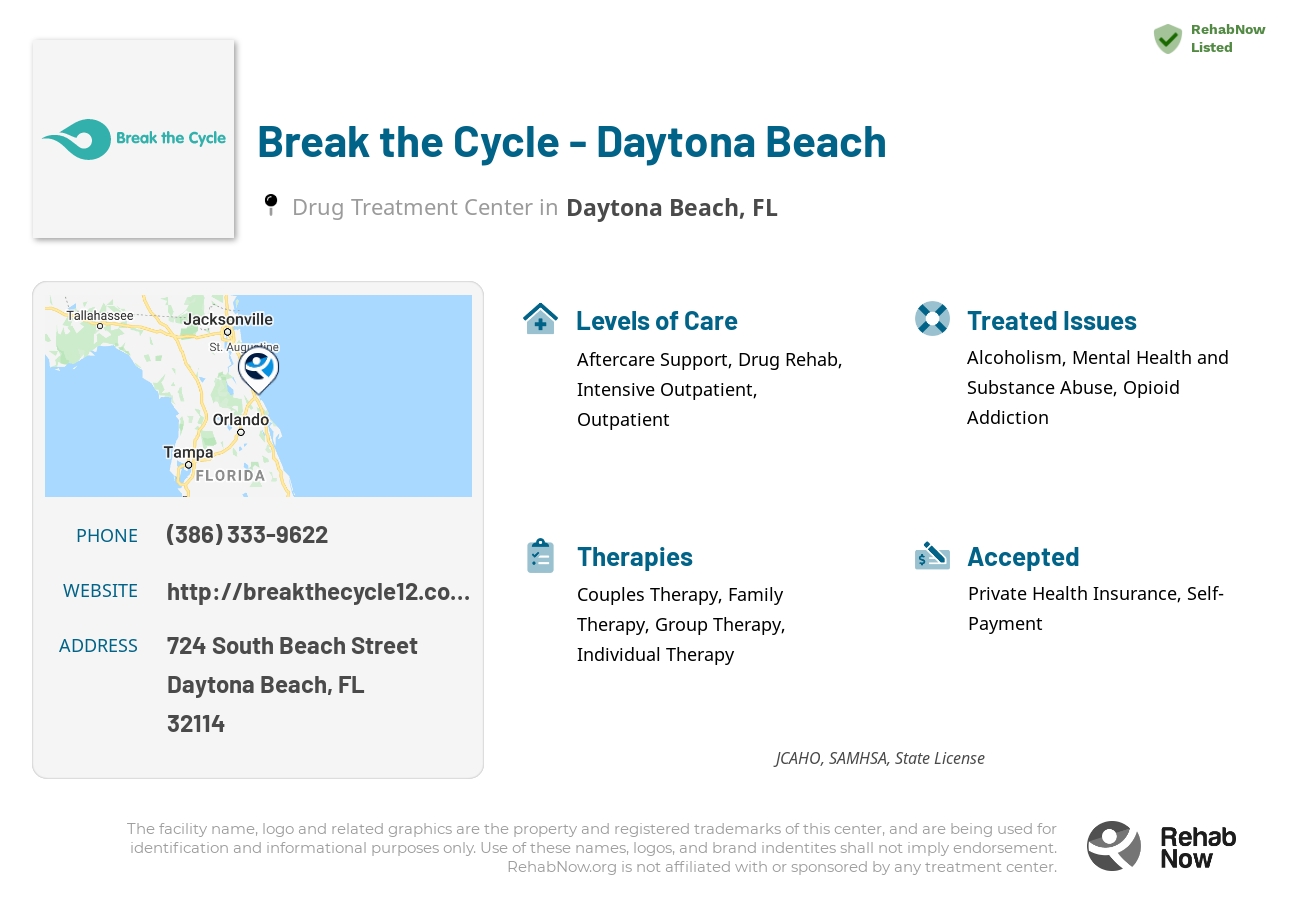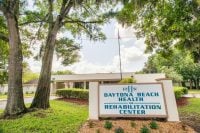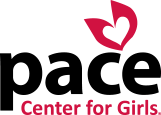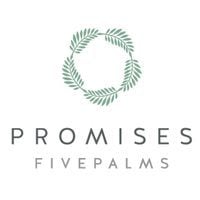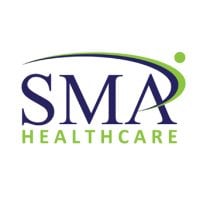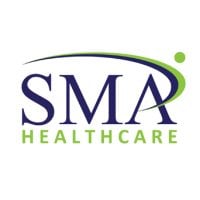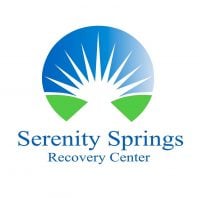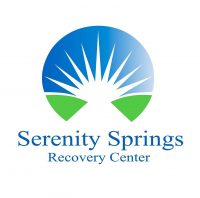Break the Cycle - Daytona Beach
Drug Rehab Center in Daytona Beach, Florida
Break the Cycle - Daytona Beach is an accredited and licensed addiction treatment center offering various levels of care, including Detox, Partial-Hospitalization, Intensive Outpatient, and Outpatient programs with Aftercare Support services to help patients continue their recovery journey and accept many different types of private health insurance plans for added accessibility.
About This Florida Facility
Break the Cycle, located in Daytona Beach, FL, specializes in overcoming drug and alcohol addiction through its intensive outpatient program. This center stands out for its 18 years of experience and comprehensive approach, including group therapy and individual counseling coupled with random urinalysis to monitor progress.
Accredited by CARF, SAMHSA, JCAHO, and having a state license, Break the Cycle in Daytona Beach accepts most insurances or offers a sliding scale, making recovery accessible. Their outpatient and intensive outpatient programs are tailored to fit each individual's needs, ensuring a supportive environment for recovery.
- Offers a diverse range of treatments including group therapy, IOP, PHP, individual and family counseling, allowing for a holistic approach to recovery.
- Accepts most insurance plans or provides a sliding scale fee, making treatment accessible to those in need.
- Carries multiple accreditations, ensuring that services meet high standards of care and effectiveness.
Break the Cycle treats alcoholism, opioid addiction, dual diagnosis, drug addiction, and substance abuse with a variety of methods such as detox, partial hospitalization, intensive outpatient, and outpatient care, for comprehensive support throughout the recovery journey.
Genders
Ages
Modality
Additional
Accreditations
State License
SAMHSA

JCAHO

CARF
The Commission on Accreditation of Rehabilitation Facilities (CARF) is a non-profit organization that specifically accredits rehab organizations. Founded in 1966, CARF's, mission is to help service providers like rehab facilities maintain high standards of care.
Conditions and Issues Treated
People who abuse drugs are likely to suffer from an addiction, which can cause serious health problems. When it comes to helping drug abusers get sober, there are many options to choose from. It is essential to state that there is no “”correct”” way of doing things. People are different, and they need different types of help to get over their addiction.
Many people who struggle with opioid addiction need to attend specific programs like methadone , Suboxone or Vivitrol clinics.
These types of programs will provide the patient with legal, prescription medications that can help them overcome their cravings for illegal opioids like heroin or fentanyl . If the patient has a chronic condition like Hepatitis C, they must undergo treatment before they can begin taking these medications.
Levels of Care Offered at Break the Cycle - Daytona Beach
This center offers a variety of custom treatment tailored to individual recovery. Currently available are Aftercare Support, Detox, Drug Rehab, Intensive Outpatient, Outpatient, Partial-Hospitalization, with additional therapies available as listed below.
An addict may have to go through alcohol or drug withdrawal. While detox may be uncomfortable, it is not life-threatening. Detoxification allows the addict to rid the body of all traces of drugs or alcohol and gives the addict a clean slate for their recovery. In an inpatient or outpatient setting, detox can be managed medically.
Outpatient addiction treatment is beneficial for people who are able to function well in their day-to-day lives. It is recommended for people who are not yet ready to end their relationships with friends or family members who might be encouraging drug and alcohol use.
Intensive outpatient treatment is beneficial for:
- People who are able to attend treatment more than 3 times per week.
- People who do not meet the criteria for inpatient treatment.
- People who are able to contribute to their own recovery outside of the treatment center.
- People who are motivated towards recovery.
- People who are able to overcome addiction on their own without the need for higher levels of care.
Outpatient treatment programs provide drug and alcohol addiction treatment through individual sessions with a counselor, group therapy, 12-step meetings, and other activities to help individuals gain sober living skills. Most programs are designed for those individuals who have completed a medically supervised detoxification program and provide opportunities for clients to begin the process of early recovery.
Outpatient programs also offer a level of medical support as needed and psychological backing through therapy. Clients are encouraged to live at home, though there may be some flexibility regarding this requirement based on the circumstances and needs of each patient.
Outpatient treatment is perhaps the most common type of dual diagnosis program available. It does not pose a significant financial burden on patients. However, it is essential to note that outpatient treatment does not provide the support and supervision given in residential programs. Some addicts may need this level of support to maintain their sobriety.
Partial Hospitalization Program, or PHP, is a type of drug addiction rehabilitation in the patient’s home. Patients often have to come into Break the Cycle - Daytona Beach for treatment on weekday evenings and weekends. They must also attend an intensive outpatient program at least 9 hours per week while attending PHP. The patient will meet with a counselor or therapist to help them work through their addiction issues. This type of treatment is used for patients who can go out among society but are at risk of relapsing due to continued exposure to drugs or alcohol.
People who have completed a rehab program often need continued support from the addiction treatment team in order to remain abstinent from drugs and alcohol. Aftercare can be beneficial for personal, social, and emotional growth.
Common aftercare options include:
- Individual Therapy – this type of addiction counseling is available on a one-on-one basis. This can be beneficial for people with a high degree of emotional turmoil and a strong desire to overcome addiction.
- Group Therapy – this type of addiction counseling is available in a group setting. This type of treatment can be beneficial for people who are unable to attend regular therapy appointments due to other responsibilities.
- Family Therapy – this type of addiction counseling is available to the family members of addicts. This can be beneficial for people who are unable to fully comprehend what their loved ones are experiencing due to addiction.
Therapies & Programs
Therapy sessions focused on the individual addict can provide much-needed guidance as they work toward overcoming their addiction. These types of sessions typically involve guidance from a therapist, who will help addicts identify and process their feelings and cravings.
During these sessions, addicts may develop plans for coping with the triggers that typically lead to relapse and learn how to avoid those triggers during their recovery process.
If you are looking for drug recovery, couples therapy can be a great option. This type of therapy can help rebuild trust and joy in relationships that may have been damaged by addiction. It can also help reduce the dysfunctional behavior in a relationship that may trigger addiction. A patient’s partner will be involved in the process. They can also benefit from therapy, especially if they are trying to live with an addict.
The main goal of family therapy for drug addiction is to create an environment where communication can occur without judgment, hostility, or blame that often occurs within a family.
Family therapy is a type of group problem-solving that aims to improve communication and relationships between the patient, their family, and sometimes friends. The therapist is with the family as they learn to communicate with each other differently, especially with the addict when s/he is using.
The family can learn to reduce their enabling behavior or rally together and support each other during tough times. The patient also learns how to deal with their addiction and maintain sobriety while interacting with the family.
Different types of addiction treatment services are available. Within this article, group therapy is of interest due to its high success rate compared to individual therapy. Group therapy settings are beneficial because they allow recovering addicts to build a strong support network.
Benefits of group therapy are:
- Reduces feelings of isolation
- Immediate access to social support in the form of fellow addicts in recovery
- Lowers risk of relapse
- Increases rate of sobriety
- Builds coping skills that can be applied to everyday life
Dialectical Behavior Therapy is a cognitive-behavioral therapy that helps addicts balance their thoughts and emotions to change their behavior. It was designed for those vulnerable to self-harm and suicidal thoughts and aims to help patients understand the connection between their feelings, emotions, and behaviors. It is effective for those whose addictions and behaviors stem from severe mental health issues.
Cognitive Behavioral Therapy (CBT) is used by drug treatment centers to help addicts comprehend the causes of their substance abuse and the consequences that follow. Through CBT, clients learn to recognize and avoid high-risk situations and cope with challenging situations when they arise.
CBT treatment often includes a combination of individual therapy, group therapy, lectures, and other activities. The treatment’s goal is to help addicts gain self-control and maintain abstinence from drugs and alcohol over the long term so that an addict can get sober and lead a more productive life.
CBT is particularly effective in helping people overcome their drug problems, especially people whose drug abuse is motivated by self-defeating beliefs and emotions.
REBT stands for rational emotional behavior therapy. This type of cognitive-behavioral therapy, or CBT, combines images with thoughts and behaviors to provide deep self-help education in the process of recovery from addiction.
It’s important because it allows one recovering addict to work through their issues on their knowledge they have support if needed.
Rational Emotive Behavioral Therapy (REBT) is based on the idea people operate under many irrational but habitual patterns of thought which fuel harmful practices and feelings. As one learns to identify these destructive patterns, one can replace them with healthier thoughts and behaviors.
Eye movement desensitization and reprocessing, shortened to EMDR, helps patients with past events. The short treatment offered at the Break the Cycle - Daytona Beach in can reduce their levels of anxiety while making it easier for them to overcome old traumas. This method also boosts healing which calms many down, allowing one to feel more in control when fighting addiction. EMDR is a therapeutic method used by therapists that provides stimulus to people recounting traumatizing events such as hand tapping or moving visual stimuli they follow while telling about what has happened so far until now.
The 12 steps of AA and other anonymous programs (generally abbreviated to ’12-step program’ or ’12-step’) are a series of guiding principles outlining a course of action for recovery from addiction, compulsion, or other behavioral problems. Originally proposed by Alcoholics Anonymous (AA) as a recovery method from alcoholism, the Twelve Steps were first published in the 1939 book Twelve Steps and Twelve Traditions. The program was adapted and became part of the philosophy of other 12-step programs.
12-Step programs are widely regarded as effective for dealing with substance abuse issues, but some critics believe they can be difficult to understand or follow. There is also evidence that the 12 steps may not be effective for adolescents with substance abuse issues. At least one study has shown that 12-step programs are not more effective than other forms of treatment.
Despite these claims, there is substantial evidence that people who attend 12-step meetings have a greater likelihood of achieving long-term abstinence and sobriety than those who do not participate in 12-step meetings.
This type of therapy can help addicts manage cravings and maintain sobriety. During these sessions, addicts will typically meet with a therapist on a regular basis to discuss how they’re feeling and learn techniques for avoiding relapse triggers.
Therapists help patients identify strong addiction triggers and then come up with strategies that can be used during those situations to prevent relapse. For example, addicts might learn how to distract themselves and change the subject during a conversation to avoid getting too deeply involved in a discussion about drugs and alcohol.
Payment Options Accepted
For specific insurance or payment methods please contact us.
Is your insurance accepted?
Ask an expert, call (888) 674-0062
Break the Cycle Associated Centers
Discover treatment facilities under the same provider.
Learn More About Break the Cycle Centers
Additional Details
Specifics, location, and helpful extra information.
Daytona Beach, Florida 32114 Phone Number(386) 333-9622 Meta DetailsUpdated April 15, 2024
Staff Verified
Patient Reviews
There are no reviews yet. Be the first one to write one.
Daytona Beach, Florida Addiction Information
Florida is one of the nation's epicenters for substance abuse and drug-related overdoses. In 2014, around 410,000 Florida residents were addicted to drugs and alcohol. Over the last 10 years, 12% of all deaths in the state were attributed to substance abuse. Treatment admissions for alcohol reached 24,329 patients in 2016, and 2.5% of Florida high school students admitted to using crack cocaine.
Daytona Beach, Florida has a high rate of drug and alcohol abuse. Marijuana is the most commonly abused drug in the city. There were 1,887 drug/alcohol treatment admissions in 2019. The statistics show that these treatment centers are abundant, so they can help you find the best center to fit your needs. Treatment options include detoxification, inpatient and outpatient programs, counseling and 12-step plans.
Treatment in Nearby Cities
- Jupiter, FL (166.4 mi.)
- Davie, FL (221.0 mi.)
- Yulee, FL (105.3 mi.)
- Avon Park, FL (114.9 mi.)
- Mulberry, FL (107.4 mi.)
Centers near Break the Cycle - Daytona Beach
The facility name, logo and brand are the property and registered trademarks of Break the Cycle - Daytona Beach, and are being used for identification and informational purposes only. Use of these names, logos and brands shall not imply endorsement. RehabNow.org is not affiliated with or sponsored by Break the Cycle - Daytona Beach.





